Adapt or Die: Daring to Set Sail in Stormy Oceans
I am sure you all know who Charles Darwin is. And when he lived. And what his work was on. So, I will skip that part and cut to the chase. When he wrote back in 1859 in his landmark book, The Origin of Species, Darwin demonstrated through his research that the species which adapt best to their changing environment have the highest chance of surviving, while those which do not adapt have little to no chance of making it.
The analysis of the term “adaptation” is a long one and one of the most oft-repeated in business settings and, naturally, in science labs. What I am mostly interested in is the “chase”: what makes those species adapt? What is it in their DNA and very existence that literally helps them evolve in a way that will ensure their longevity as a species on this planet?
In a sense, the answer is rather simple: common sense – though this could be instinct for survival for some. It is common sense and the ability to observe and learn from failure and pain faster from the next wave of failures and pain.
Your Achilles’ heel
Quite often our Achilles’ heel is our very inability to spot it - let alone to adapt and turn it into a tool for better quality of life.
Before I get into this in a little more detail, let’s talk about Achilles’ heel. I assume (dangerous habit that of assuming if you have it) that, once again, you know who Achilles was, if only from the film “Troy” thanks to the grand looks of Brad Pitt. Despite him being immortal, he had but one part of his body that was not. According to ancient Greek myths, his mother was holding him from his heels when dipping him in the River Styx to give him immortality or, according to certain references, to at least eliminate mortal vulnerabilities. Long story short, he died. Why? Simply because an arrow was shot in his heel. The moral of the story is that no matter how strong you may be, your downfall can be imminent if you are struck in your personal Achilles’ heel.
Adapting starts with that: discovering your own weakness, your heel. Most often your Achilles’ heel will be the very thing you need to master first and even more often it is your (in)ability to adapt. What a mind twister. There is, however, a way to ensure this is your weakness. And that would be to measure the range of your mental flexibility. With this I mean the ability to see reality for what it is and try to find exits if this reality is hurtful or damaging.
Very often I have seen people with values and principles not being able to see things from a different perspective, not able to adapt. They feel that by seeing reality under a different scope would mean sacrificing their values and what they have been standing for all along. It is quite hard to ask these people to adapt, to be flexible in their thinking. And maybe, you are one of those people or know one and that is why you are reading this article.
Going back to the metaphor of Achilles. He was not weak. On the contrary, he was considered thoughtful, careful in his actions, a great strategist. Having an Achilles’ heel does not imply being weak nor that you are incapable of achieving things. It does mean, though, that this little thing that you have in your mind can become your mental – and subsequent personal and professional – downfall. It should not be ignored.
All images by @victoriasaperstein, Brooklyn Bridge, NYC
How do you fight it? How do you get rid of it? How do you overcome it? The answer is neither to fight it, nor to get rid of it, nor to overcome it. The answer is to start thinking about it critically, either on your own, or with the help of a professional, to investigate deeply and thoroughly if this weakness is worth losing your life over by not working on it primarily because it suits your comfort and does not “shake” your values.
Following any kind of generic advice is not the answer, for each and every one of us has a different Achilles’ heel and each of us has a different set of values making it extremely hard for the mental algorithm of any advice-giver to track and provide one or even a few common solutions.
The answer to the question “how can I adapt, how can I become flexible” is as simple as it is complex. Discover the extent to which you are willing to change or accept reality. A reality you may not like but is there taunting and haunting you. A reality that says that just as Achilles died when the arrow struck his heel, so you will perish or get hurt or suffer if you do not transcend over your usual reactions and find a shield to protect you at first, and then find your own way to become flexible, to change, to adapt, to survive and then enjoy a different quality of life.




